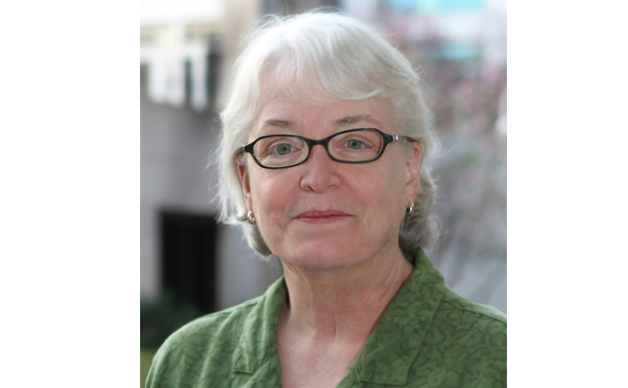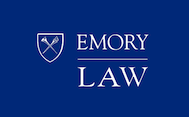
Emory Law hosts 18th Annual Conference on Empirical Legal Studies
More than 250 scholars from five different continents gathered at Emory Law in November 2024 for the 18th Annual Conference on Empirical Legal Studies (CELS). Professors and Society for Empirical Legal Studies co-presidents Tonja Jacobi, Jonathan Nash, and Joanna Shepherd were instrumental in bringing the conference to Emory.





